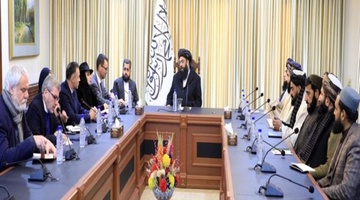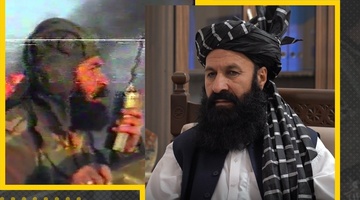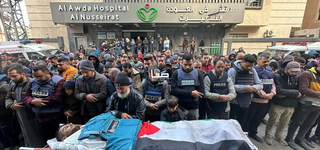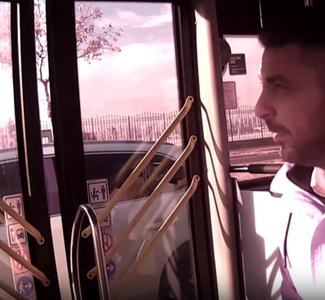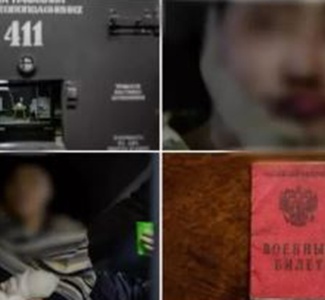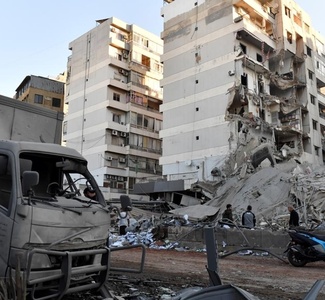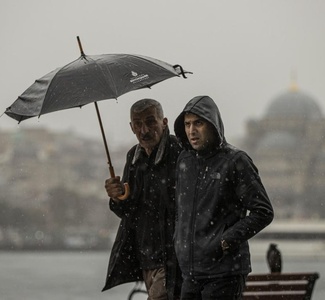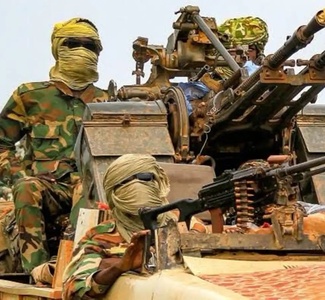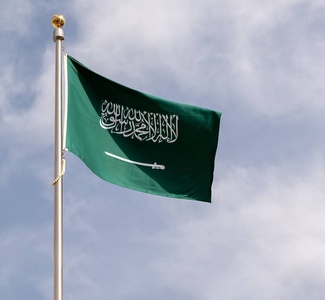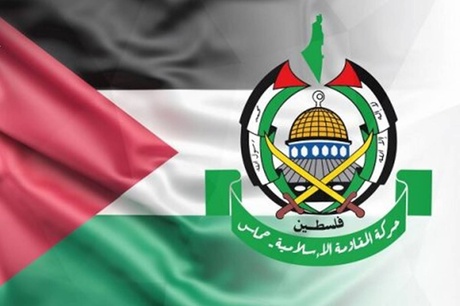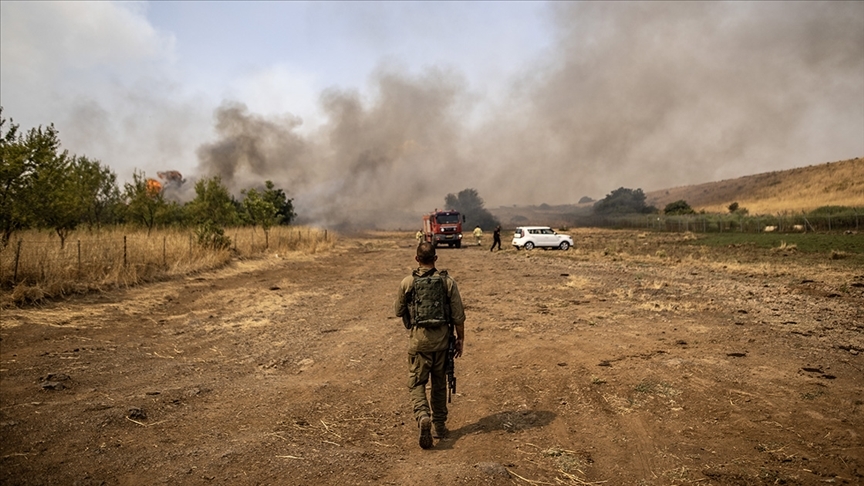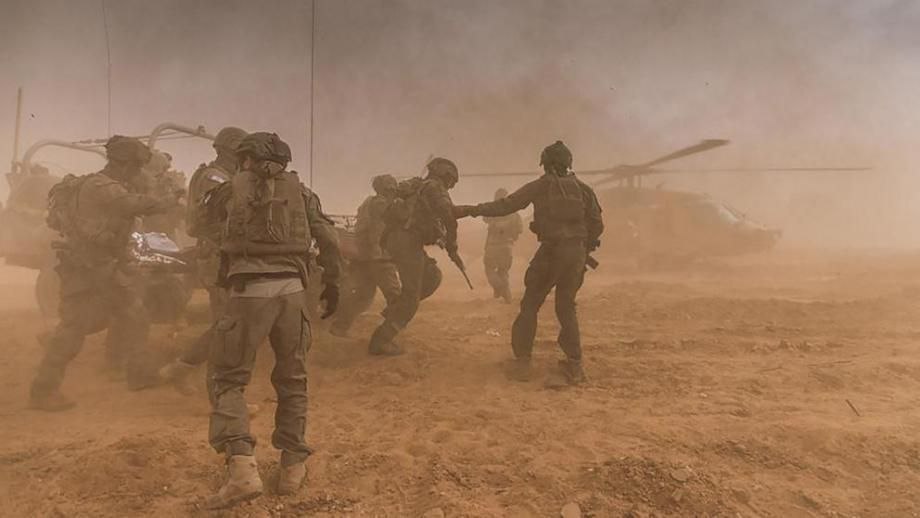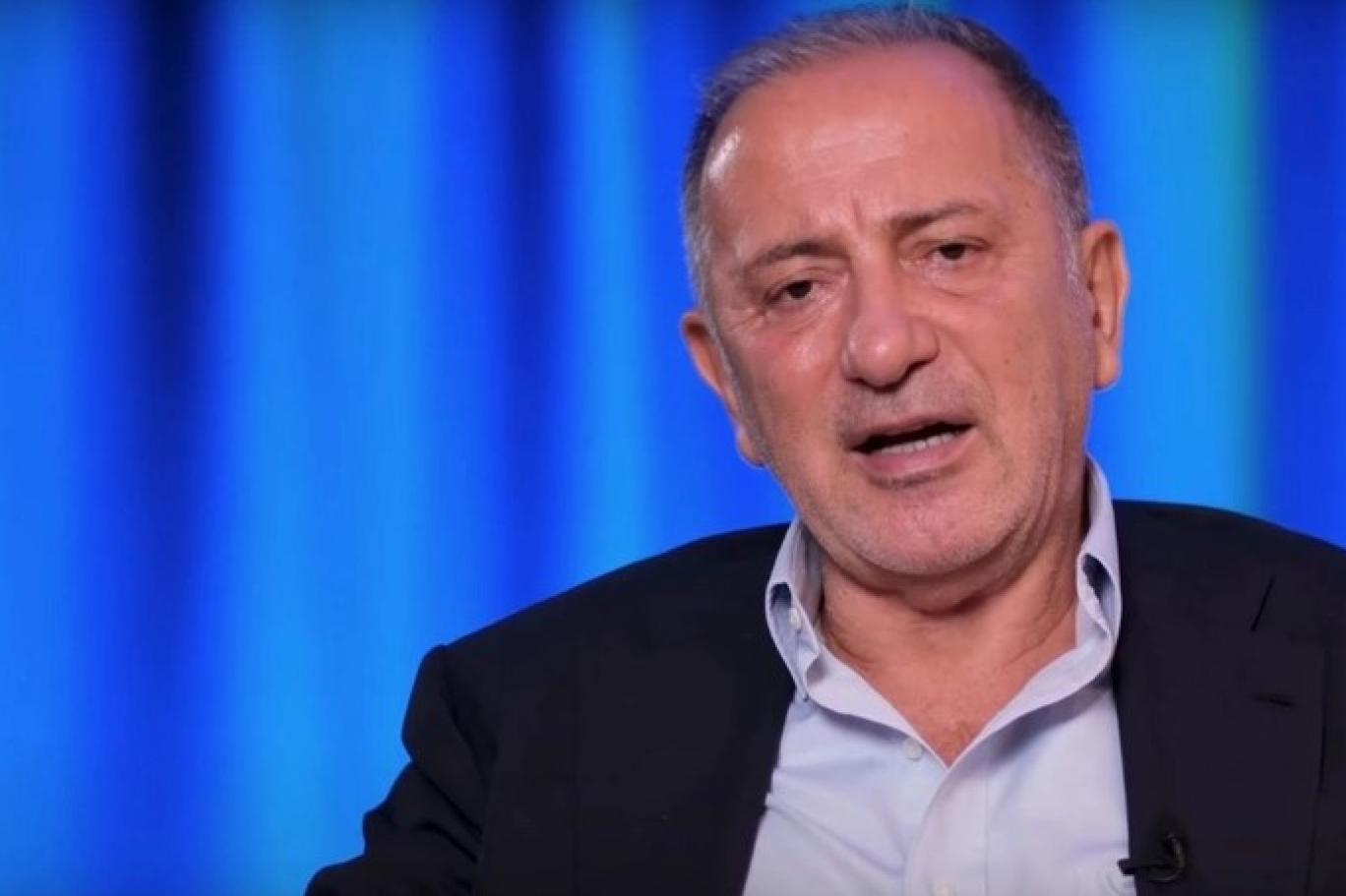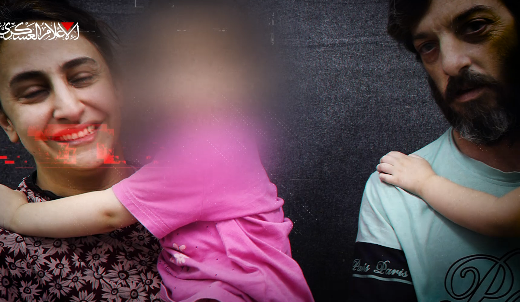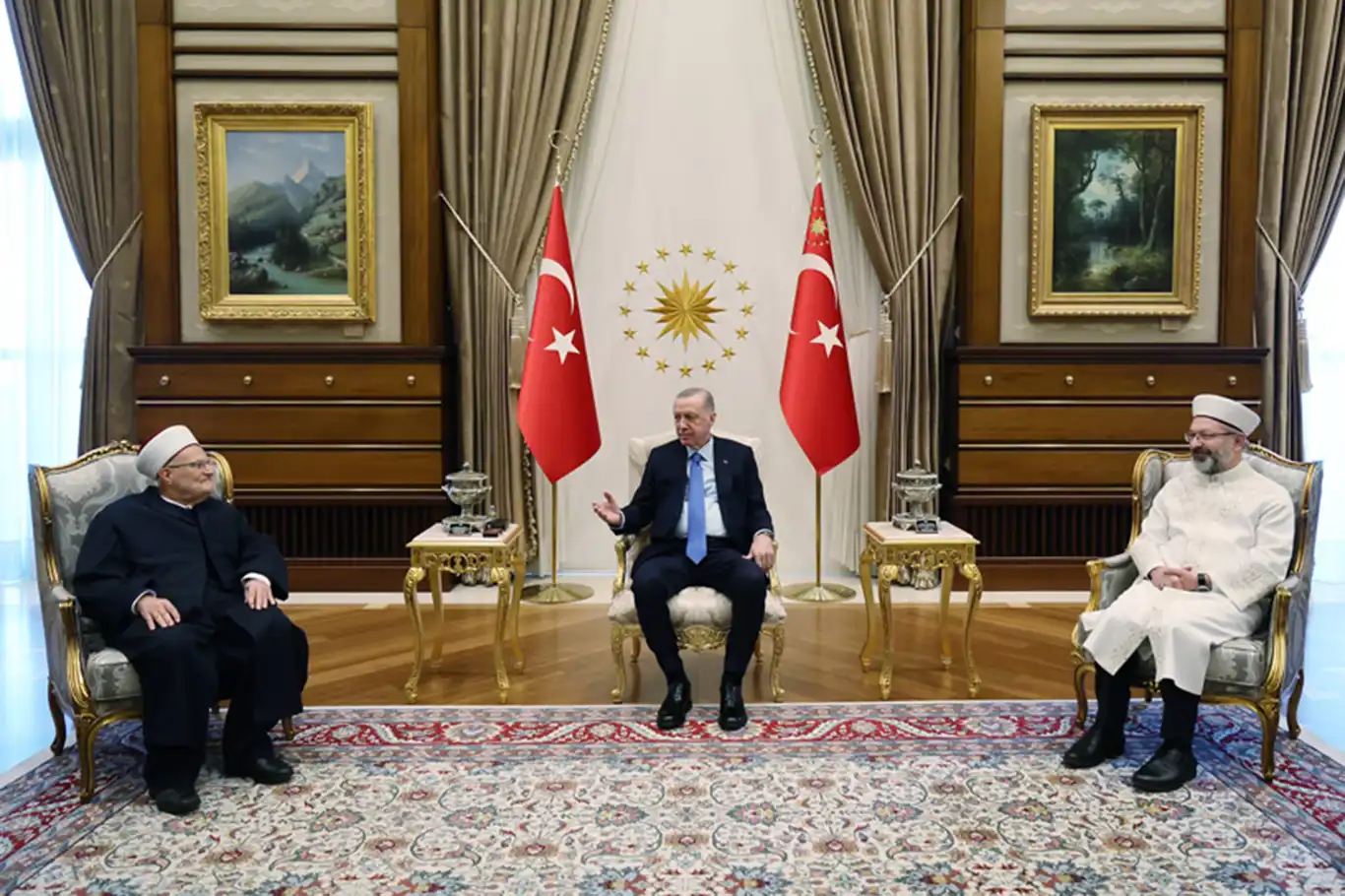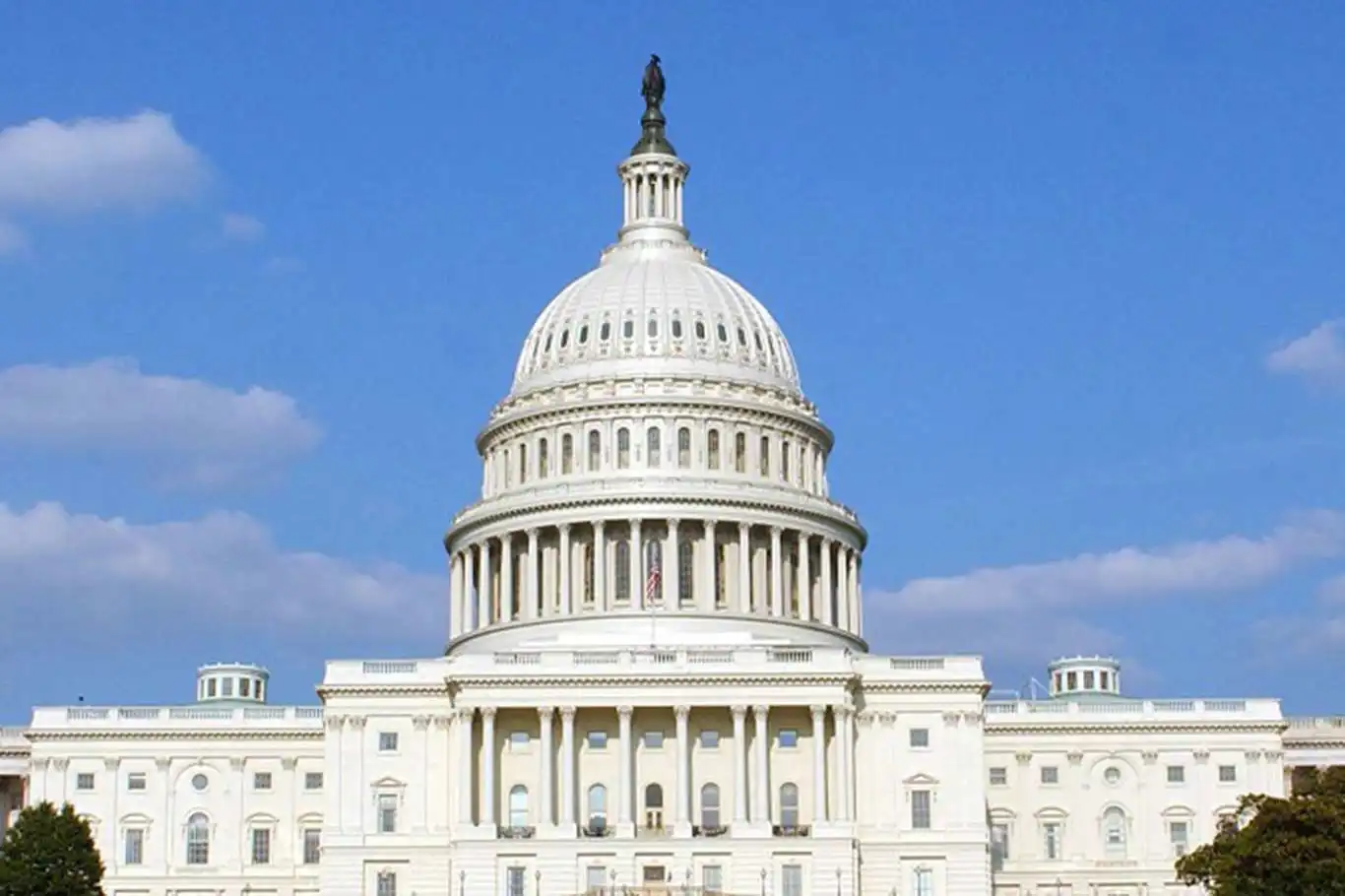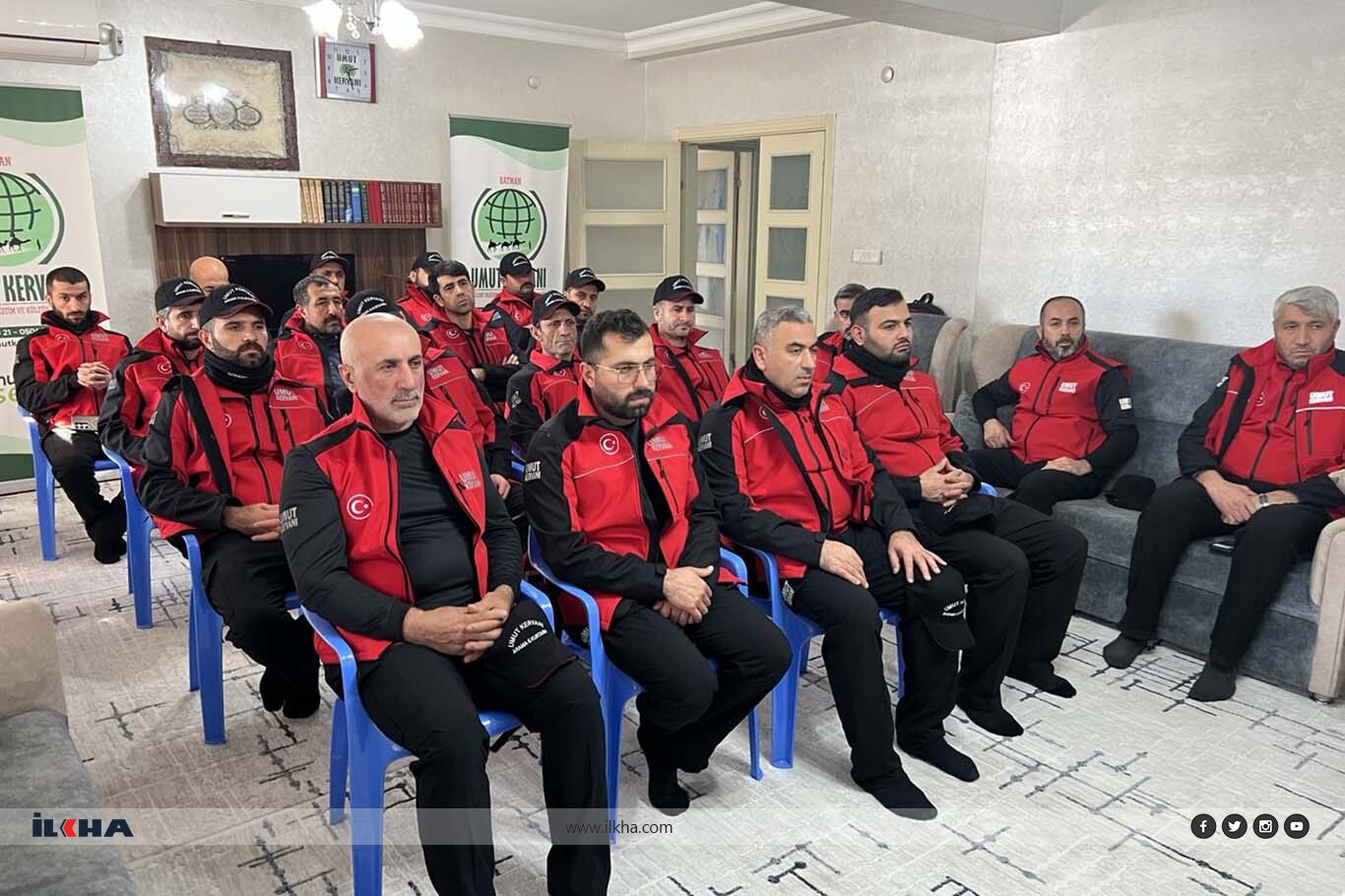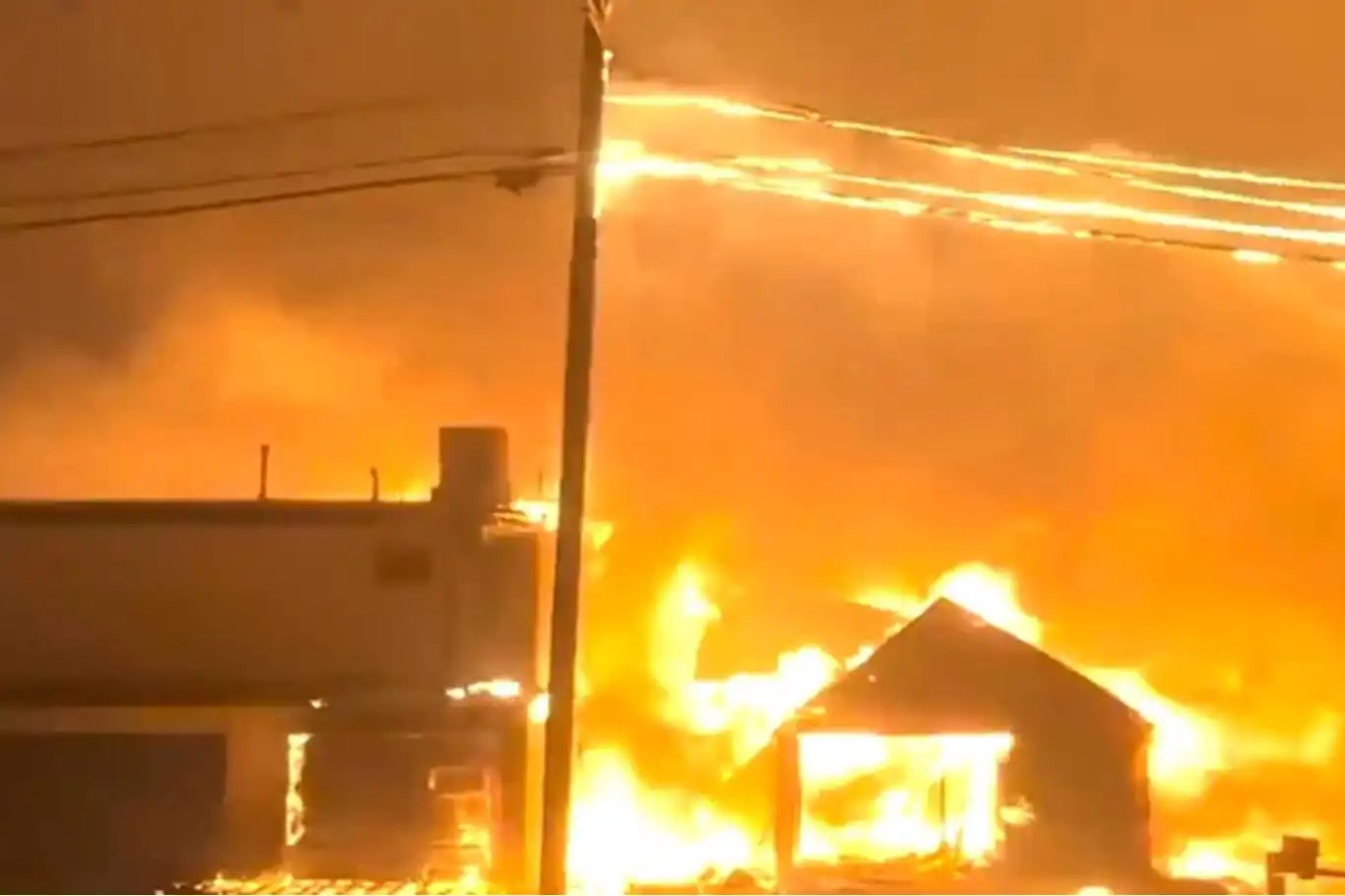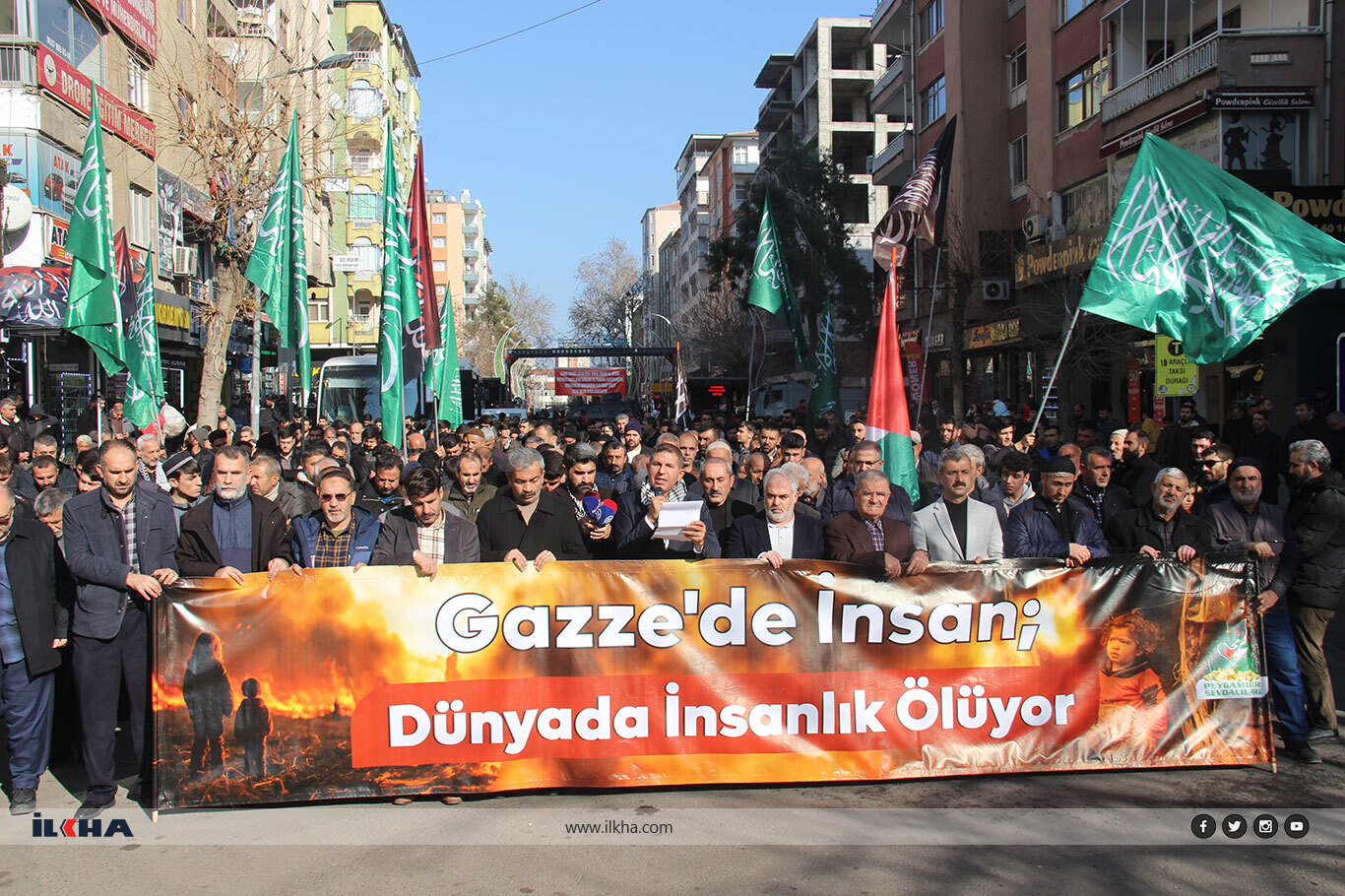UN urges reopening of Rafah crossing to facilitate humanitarian aid to Gaza
The United Nations' Senior Coordinator for Humanitarian Affairs and Reconstruction in Gaza, Sigrid Kaag, described the humanitarian situation in Gaza as "completely devastated" in remarks early Wednesday.
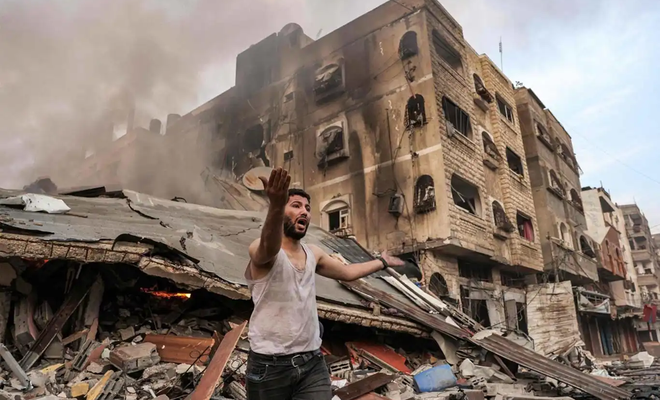
 Google News'te Doğruhaber'e abone olun.
Google News'te Doğruhaber'e abone olun. Speaking to reporters after briefing the UN Security Council in a closed session, Kaag painted a grim picture of the conditions faced by civilians in the embattled region.
"The situation in Gaza is bleak as civilians, young and old, endure inhumane conditions," Kaag said, emphasizing the critical obstacles that hinder the delivery of aid to those in need.
Kaag reiterated her prior warnings to the Security Council, cautioning against the collapse of law and order in Gaza. She highlighted growing lawlessness and looting, which have compounded the challenges faced by civilians and eroded what remains of the region's social fabric and stability.
"The deterioration has worsened amidst already dire circumstances," Kaag warned, adding that political will and adherence to agreements could facilitate aid delivery.
The UN official disclosed that discussions with the Israeli government had included requests for essential supplies, such as winter provisions and health resources. Kaag also emphasized the indispensable role of the United Nations Relief and Works Agency for Palestine Refugees (UNRWA), particularly in Gaza, during her talks with Israeli authorities.
She underscored the urgency of reopening the Rafah crossing to enable the flow of humanitarian aid and the restart of Gaza's commercial sector. "The people want to buy, they need a variety of goods, and we must continue to exert pressure to meet these needs," Kaag stated.
Kaag cited the successful polio vaccination campaign as an example of what is possible when agreements are made and upheld by all parties. She expressed hope that similar political will could be harnessed to address Gaza's worsening humanitarian crisis.
The closed-door Security Council session underscores the international community's growing concern over Gaza's plight, but the challenges of translating discussions into tangible aid delivery remain immense.
The call for urgent action comes amid intensifying appeals from humanitarian organizations and local authorities for immediate support to alleviate the suffering in Gaza. (ILKHA)




























